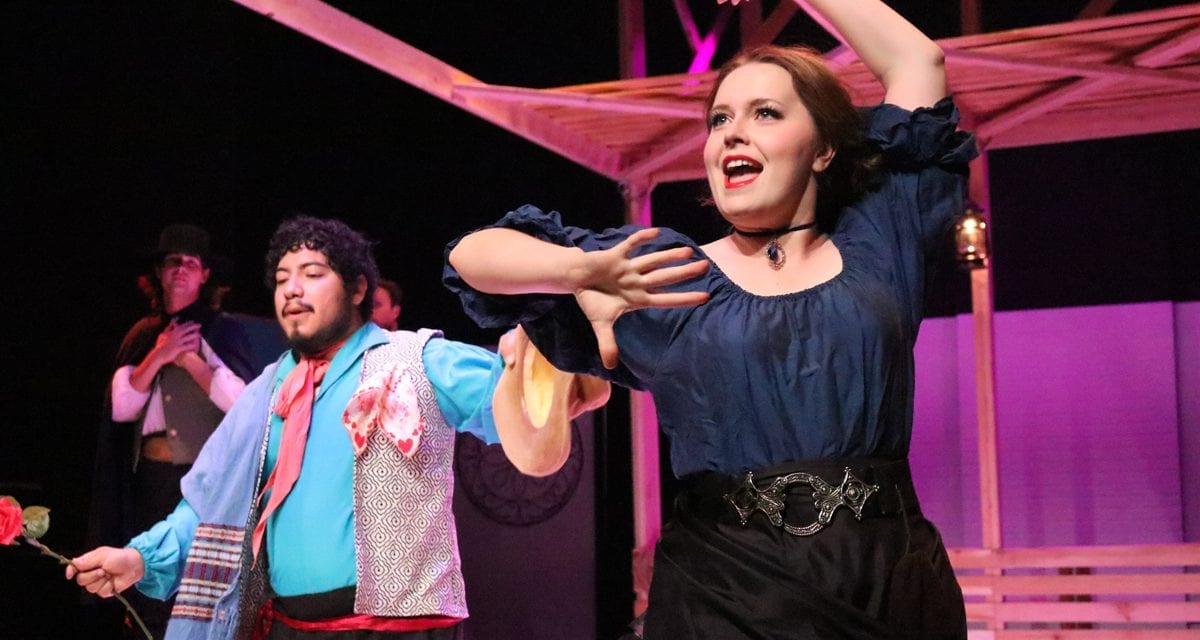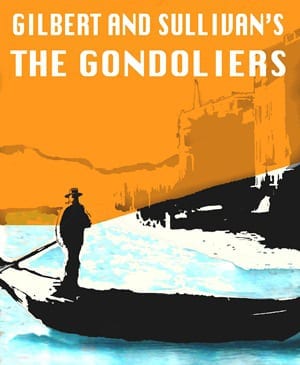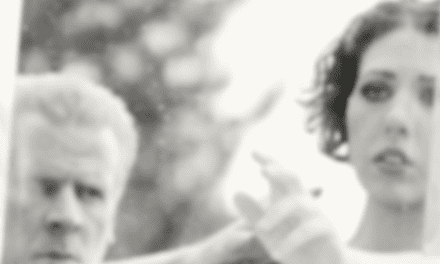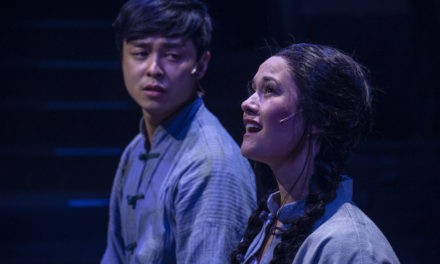SOUTH SALT LAKE — An underappreciated theatrical event every year is the Utah Children’s Theatre’s Shakespeare Festival for Kids and Adults with Short Attention Spans. After the triumph of last year’s Romeo and Juliet and Comedy of Errors, this year the company has chosen to mount Twelfth Night as the main event of their festival. The result is another unqualified success that is a great choice for audiences young and old.

Show closes September 29, 2018.
In Twelfth Night, a shipwreck separates Viola from her twin brother Sebastian. Viola washes ashore in Illyria and disguises herself as a young man named Cesario. In disguise, she enters the service of the local Duke Orsino, and promptly falls in love with him. However, her new master enlists her to help him woo the beautiful lady Olivia, but this plan turns complicated when Olivia falls in love with “Cesario.” Meanwhile, Olivia’s insufferable servant Malvolio becomes the victim of a practical joke when Olivia’s servant Maria forges a letter that convinces Malvolio that Olivia loves him.
Lexie Thomsen was charismatic and interesting enough in her performance to handle the role of Viola well. The disappointment she had on her face when Viola was forced to help Duke Orsino court Olivia, and the angst of her reactions in dealing with her unrequited love towards Orsino were surprisingly deep for a production aimed at children. I also appreciated her nervousness when Viola was trapped by the fear of being discovered as a man, but unable to deal with the challenges (both physical and emotional) of the disguise. For his part, Tennessee Tarrant was a enjoyable Orsino, especially when he was pining for Olivia.

Left to right: Zach Vayo as Malvolio, Cole Lawson as Sir Andrew Aguecheek, Meighan Smith as Maria, and Bryson Ross Dumas as Sir Toby Belch.
One pleasant surprise in this production was Meighan Smith, playing Maria, a role that has never seemed interesting to me. However, Smith gave depth to Maria by making her reactions show intelligence and a touch of attitude. Consequentially, when Maria started conspiring against Malvolio, it was believable that she could engineer such a plan.
Most of the supporting cast, though they were silly in their roles, contributed greatly to the humor. The funniest was Zach Vayo playing the foppish Malvolio. The way he minced as he walked, his haughty mannierisms, and snobbish vanity were an endless supply of comedy. As, Feste, Robert Fernandez succeeded consistently at getting laughs from both the witty script and the physical comedy of his scenes.
 Director Joanne M. Parker took Viola’s shout of “Westward ho!” to heart and set the play in colonial California. This choice was as exotic as Shakespeare’s original location for the play (Illyria), but also gave Parker and her technical team a rich source of motifs and tropes to use to keep the play interesting. Costume designer Julie Anderson dressed the actors in attractive period clothing, and almost every character had at least one article of clothing with a pattern or decoration to it. This touch of detail made the costumes visually appealing, but also gave characters some individuality. Lighting and set designer James Parker created an environment that was strongly reminiscent of the old west in every scene; the stockade upstage fence and the overhead beams were constant reminders of the play’s setting. Parker’s lighting was also the most powerful visual tool for creating any mood required in the script, such as the quiet night scenes, or the exuberant chases.
Director Joanne M. Parker took Viola’s shout of “Westward ho!” to heart and set the play in colonial California. This choice was as exotic as Shakespeare’s original location for the play (Illyria), but also gave Parker and her technical team a rich source of motifs and tropes to use to keep the play interesting. Costume designer Julie Anderson dressed the actors in attractive period clothing, and almost every character had at least one article of clothing with a pattern or decoration to it. This touch of detail made the costumes visually appealing, but also gave characters some individuality. Lighting and set designer James Parker created an environment that was strongly reminiscent of the old west in every scene; the stockade upstage fence and the overhead beams were constant reminders of the play’s setting. Parker’s lighting was also the most powerful visual tool for creating any mood required in the script, such as the quiet night scenes, or the exuberant chases.

Robert Fernandez as Feste.
Aside from wisely choosing a setting, Joanne M. Parker was effective at creating scenes that could hold the attention of the young audience for the duration of the scene. The zany fights and chases that occurred as “Cesario” found himself in trouble were blocked to be so cartoonish that I found myself laughing at many sight gags and ad libs. However, she could also create touching moments amidst the comedy, such as the quiet marriage scene between Sebastian (played by Nic Heb) and Olivia. This scene provided a last bit of solemnity that gave me a moment to reflect on the characters before the madcap scenes at the end of the play. Joanne M. Parker also gave the play an added touch of beauty by having Ariella Tarrant provide Latin dancing at key moments.
One final note: with a running time of approximately 90 minutes (not including intermission), cuts to the script are inevitable. But to make the play more accessible to children, bits of dialogue have been modernized or summarized. Usually when theatre artists do this, the modern language grates on the ear. But the modifications to this production’s script flowed much better and always served a purpose: either simplifying information so that children can understand the play, or slipping a joke into a scene. The changes worked so well that they never felt clumsy, and even a Shakespeare purist like myself couldn’t find any that decreased the brilliance of Shakespeare’s writing.
What surprises me most as I write this review is the fact that I think that Twelfth Night is an overrated play, and (as I have written before) I usually don’t like physical comedy. But Joanne M. Parker’s direction and the performances from these strong actors cured me of my skepticism and had me laughing frequently. I don’t remember the last time I enjoyed Twelfth Night this much, and I hope that this production becomes the hottest ticket in town.






